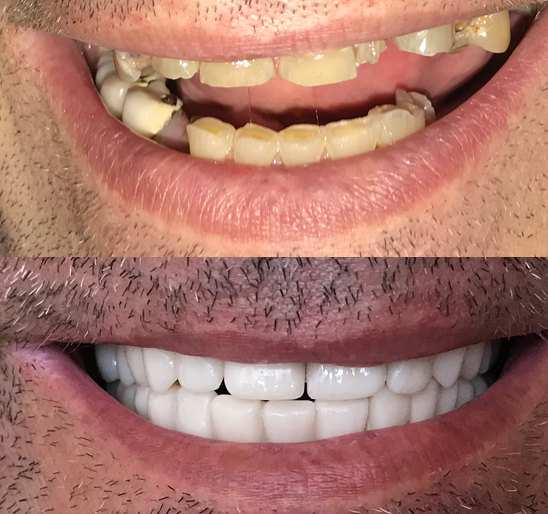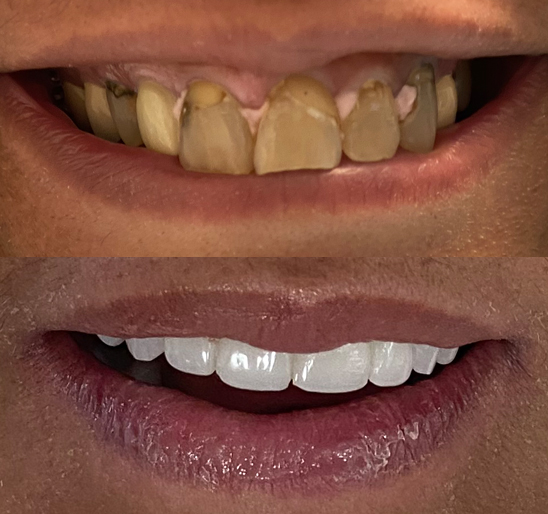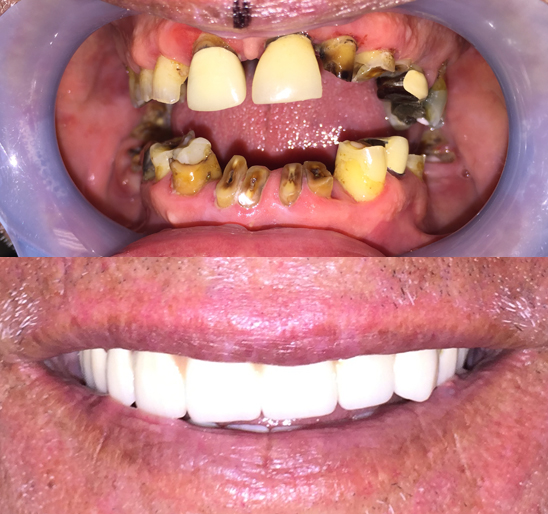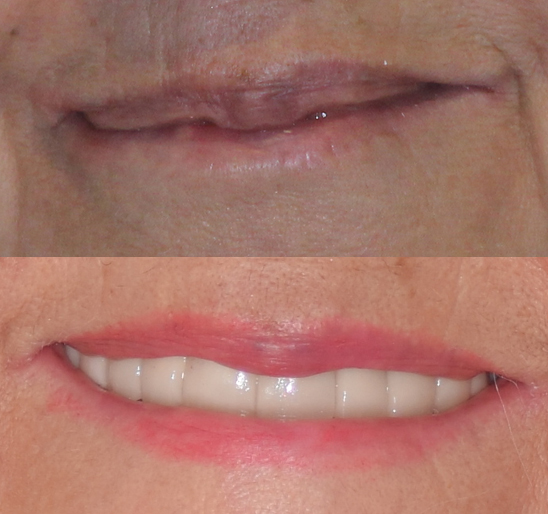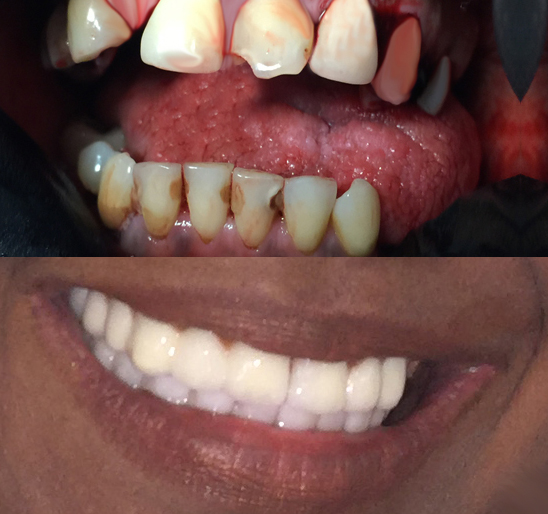Why Do Root Canals Raise Concerns?
Conventional and holistic dentists have differing perspectives on root canals. While traditional dentistry views root canals as a safe and standard practice, holistic dentists believe that removing infected root canals could potentially benefit your overall health and even help prevent future issues. Whether you choose to keep your tooth through endodontic procedures, remove and replace it with a zirconia implant, or explore alternative holistic methods, the ultimate goal is to provide education to empower healthier choices for your well-being.
Disclaimer:
The American Academy of Endodontists (AAE) and the American Dental Association (ADA) state that there is no scientific evidence linking root canals to systemic diseases. However, it’s encouraged that patients do their own research to decide whether a root canal procedure aligns with their individual health goals.
Exploring Root Canal Alternatives
For those seeking options beyond conventional root canal procedures, it’s essential to know that alternatives vary based on the specific condition of the tooth. Not all cases lend themselves to every alternative solution, and a consultation with a dentist will help determine the right course of action. Below are some key alternatives often used in holistic dentistry:
Direct Pulp Capping
This involves placing a protective cap over an exposed tooth pulp, allowing it to heal and avoid infection. It’s suitable for teeth that remain vital and have only surface-level or internal decay.
Indirect Pulp Capping
Similar to direct pulp capping, this method is used when the pulp isn’t yet exposed but needs protection from further damage, fostering independent healing.
Pulpotomy
A less invasive procedure than a full root canal, a pulpotomy removes infected pulp while leaving the tooth’s roots intact. This is commonly used for children or teeth with undeveloped roots.
Calcium Hydroxide (or Alternatives)
This material is applied to kill bacteria and treat damaged tissue. However, calcium hydroxide is toxic and poses risks, so many holistic dentists prefer alternative materials for pulp capping.
Natural Remedies
While saltwater rinses or essential oils like tea tree oil are sometimes used for temporary relief, they are not long-term solutions for reversing infections or saving a tooth.
Ozone Therapy
Ozone gas is utilized to eliminate bacteria in the tooth. While it can be a helpful short-term measure, it doesn’t address structural damage and typically requires ongoing applications.
Tooth Extraction
When preservation isn’t possible, an infected or damaged tooth may need to be removed entirely. This allows for options like bridges, partial dentures, or implants to fill the gap.
Zirconia Dental Implants
For those seeking metal-free, biocompatible options, zirconia ceramic implants offer an attractive alternative following tooth extraction. These implants are durable, aesthetically pleasing, and suitable for holistic approaches.
What Are Not Considered Alternatives?
- Endodontic Retreatment: Repeating a failed root canal is still considered a root canal treatment and is not a true alternative. Holistic dentists typically do not recommend this.
- Apicoectomy: This procedure removes the infected tip of a root-canaled tooth. Since the tooth is already dead, holistic dentists usually advise against this method.
Holistic Alternatives to Root Canals
From a holistic perspective, the ultimate alternative to a root canal is tooth extraction. Extracting compromised teeth involves removing the infection completely to support optimal health. Biological extractions go beyond standard methods, incorporating advanced techniques to promote healing and restore oral health.
Features of Biological Tooth Extractions:
- Atraumatic Tooth Removal: Ensures minimal disruption to surrounding tissues.
- Removal of the Periodontal Ligament (PL): This precaution helps prevent subsequent infections.
- Thorough Debridement: Surgical instruments and lasers remove infected tissue effectively.
- Ozone Therapy: Both ozone gas and ozone water are used to disinfect the surgical site and stimulate healing.
- Platelet-Rich Fibrin (PRF) Grafting: PRF accelerates the healing process, supports bone regeneration, and prevents defects post-extraction.
The Importance of Making an Educated Decision
Every patient’s situation is unique. Understanding your options and consulting with both conventional and holistic dental professionals can help you make the best decision for your health.
Whether you’re exploring innovative procedures like a pulpotomy or considering a more permanent solution like a zirconia implant, the priority is your long-term well-being. Empower yourself with knowledge, research thoroughly, and choose the path that aligns with your health and lifestyle goals.


